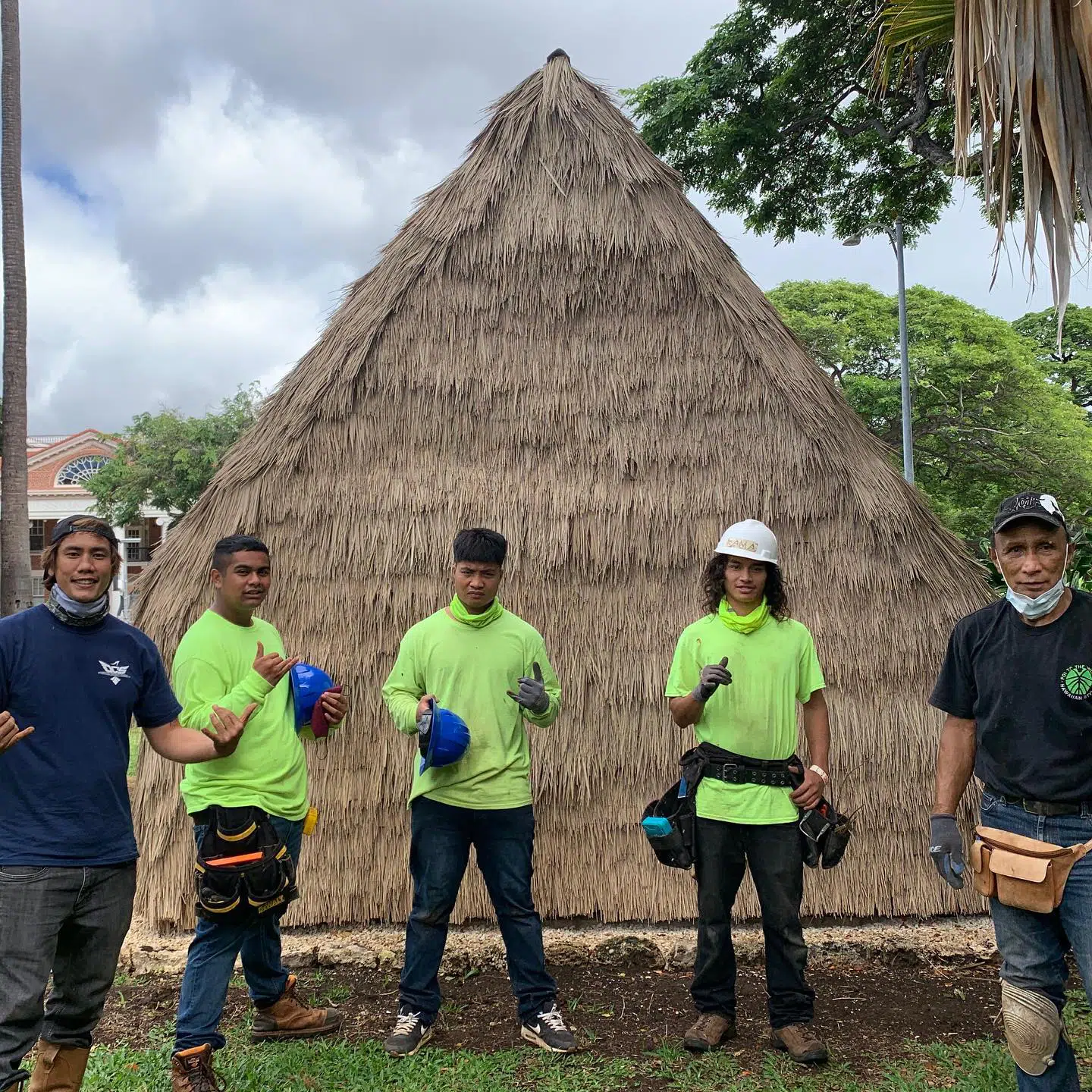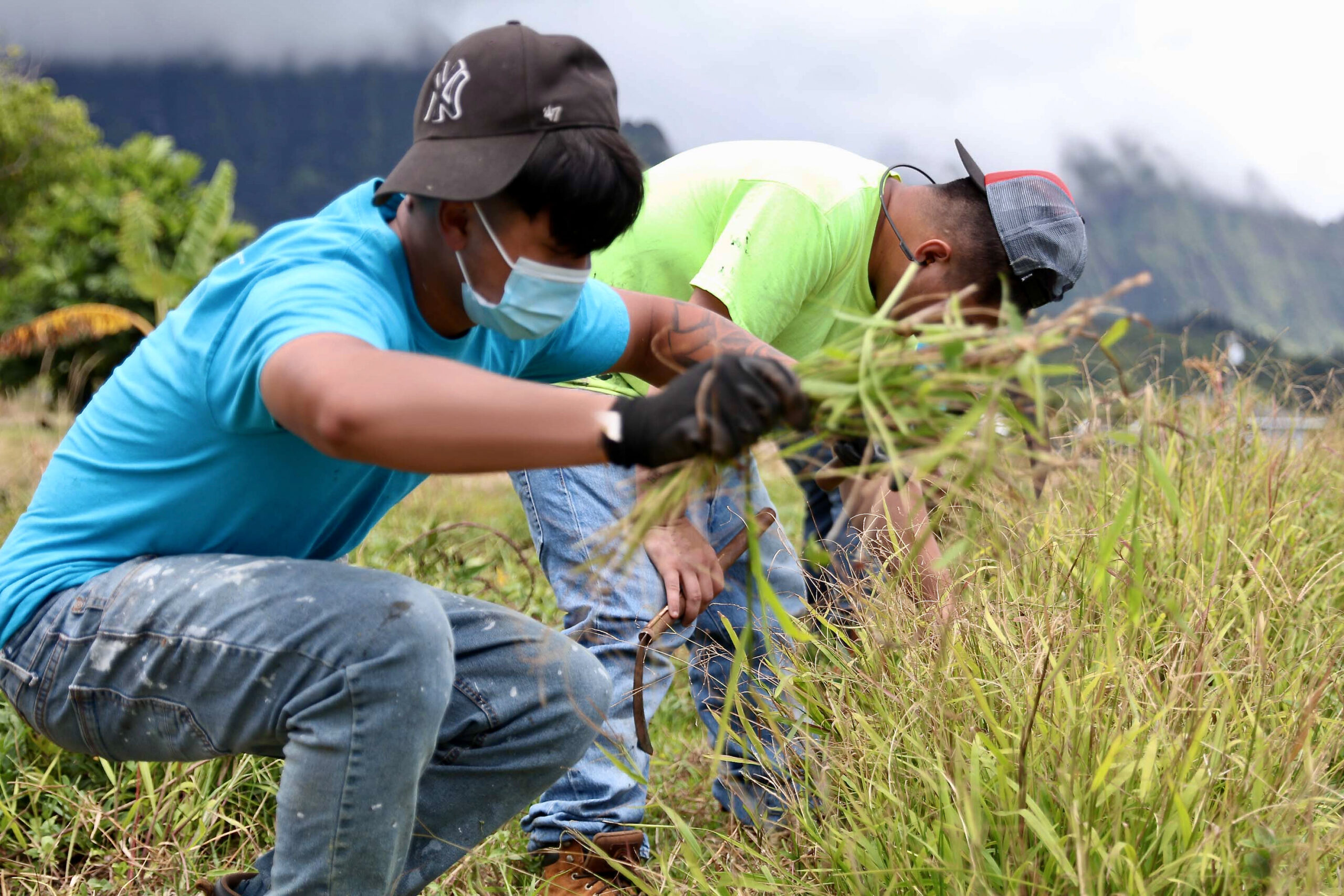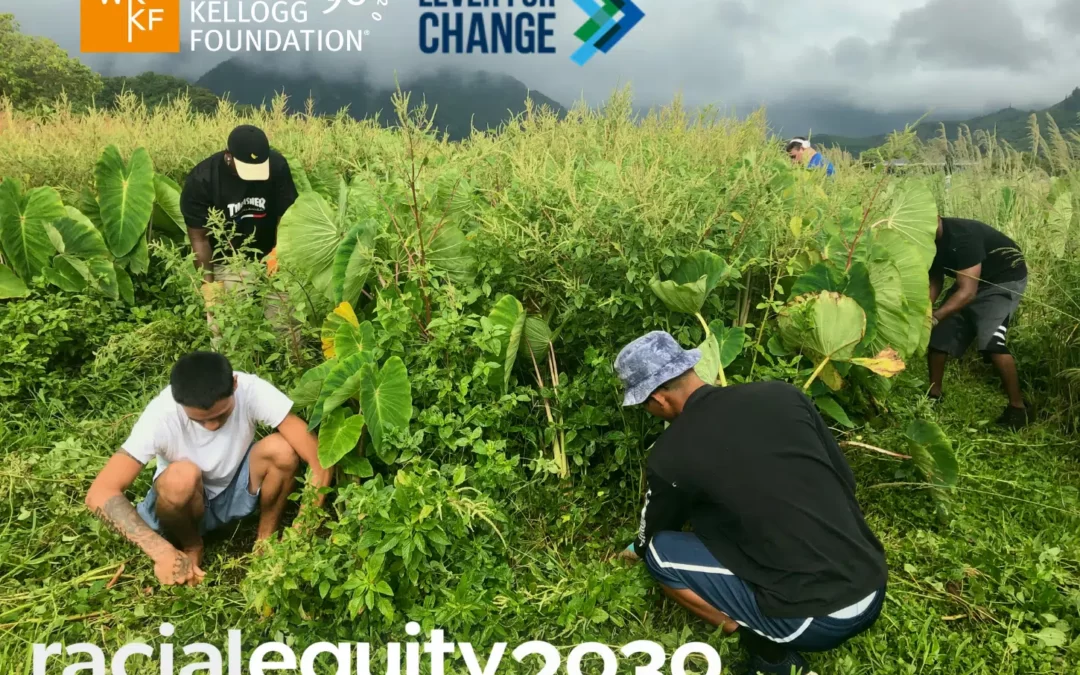Racial Equity 2030 will unleash transformative solutions to improve the lives of children, families and communities across the world.
Today, the W.K. Kellogg Foundation announced a Hawaiʻi based project to replace youth incarceration led by Partners in Development Foundation (PIDF) among 10 finalists for the Racial Equity 2030 challenge, an open call for bold solutions to drive an equitable future for children, families and communities across the globe. The Challenge is awarding $90 million to help build and scale actionable ideas for transformative change in the systems and institutions that uphold racial inequities.
“The overwhelming response of this Challenge has demonstrated the urgency of racial equity in nearly every corner of the world,” said La June Montgomery Tabron, president and CEO of the W.K. Kellogg Foundation. “Each of these visionary finalists embodies a deep commitment to community and local leadership. We’re proud to partner with them as they unveil their bold and game changing solutions to advance racial equity in the next decade.”
With this Challenge, the Kellogg Foundation is seeking to partner with communities and build momentum around critical issues and areas of work. The finalists are advancing racial equity with unique approaches – from building networks of legal aid for Indigenous land ownership to ending migrant worker exploitation and supporting culturally-grounded restorative justice for youth, among others.
The “Kawailoa: A Transformative Indigenous Model to Replace Youth Incarceration” project supports youth to find their roles as healers and community contributors by replacing youth incarceration with a Native Hawaiian restorative system that empowers communities, trains youth healers, and shifts resources to community-driven and culturally-grounded puʻuhonua, sanctuaries of support, for opportunity youth.
“They helped me out cause I was homeless and now I’m living in a shelter and I’m working full-time,” said Machijah Perez-Fonseca, farm assistant at PIDF’s Kupa ʻAina Natural Farming program. “I’m just like a sponge you know, like soaking up all this kine knowledge and stuff just from working with PID and running this farm called Kupa ʻAina.”


The Kawailoa project is led by a cohort of state and national agencies, including lead fiscal sponsor PIDF and community partners Kawailoa Youth and Family Wellness Center, Hawaiʻi Youth Correctional Facility of the State of Hawaii Department of Human Services, Hale Kipa, Kinai ʻEha, Olomana School, RYSE, UCLA Asian American Studies Center, UH John A. Burn School of Medicine, Kamehameha Schools, and Liliʻuokalani Trust.
“Family Court is pleased to be a partner in this effort to create culturally-tailored alternatives to help Hawaiʻi’s youth thrive in their communities,” said Judge Matthew Viola, Senior Family Court Judge. “We share the vision to look to restorative indigenous practices to overcome the racial disparities in the juvenile justice system. Healthy and thriving youth are essential to the overall well-being of our state.”
The work of the 10 finalists’ projects reflects the complexity of achieving racial equity and the structural changes that are needed to achieve meaningful, long-term change, including access to economic opportunity, improved governance and justice, and social well-being. Other finalists projects include 574+ Strong: Creating Regenerative Food Economies in Indian Country, and Healing Through Justice: A Community-Led Breakthrough Strategy for Healing-Centered Communities in Illinois, U.S.A.
The Racial Equity 2030 Challenge is being managed by Lever for Change, a nonprofit affiliate of the John D. and Catherine T. MacArthur Foundation that helps donors find and fund solutions to the world’s greatest challenges, including racial and gender inequity, economic opportunity and climate change.
“The finalists of the Racial Equity 2030 Challenge have proposed inspiring ideas to redress one of the most pressing issues of our time,” said Cecilia Conrad, CEO of Lever for Change. “By partnering with like-minded applicants, these teams have the potential to build on each other’s work and achieve transformative change in the world. We are looking forward to following their progress as a cohort, across communities, borders and continents.”
The Challenge received submissions from 72 countries. Applications were evaluated during a five-month review process – involving peer applicants and multi-disciplined experts from across the world – based on four criteria: whether they were game changing, equitable, bold and achievable.
The dynamic and multi-layered work proposed by the 10 finalists will challenge and change norms, address root causes of racialized outcomes, and create sustained conditions in which children, families and communities can thrive. Most importantly, local and proximate leaders from each of the target communities are a key part of the decision making processes, taking the lead on defining success.
Each of the 10 finalist teams will receive a one-year $1 million planning grant, which includes nine months of capacity-building support to further develop their project and strengthen their application.
Among the finalists, five awards totaling $80 million will be announced in the summer of 2022. Three awardees will each receive a $20 million grant and two awardees will each receive a $10 million grant. Grants will be paid out over eight years to coincide with W.K. Kellogg Foundation’s 100th anniversary in 2030.
More information about the Racial Equity 2030 Challenge and the finalists can be found at https://racialequity2030.org.

